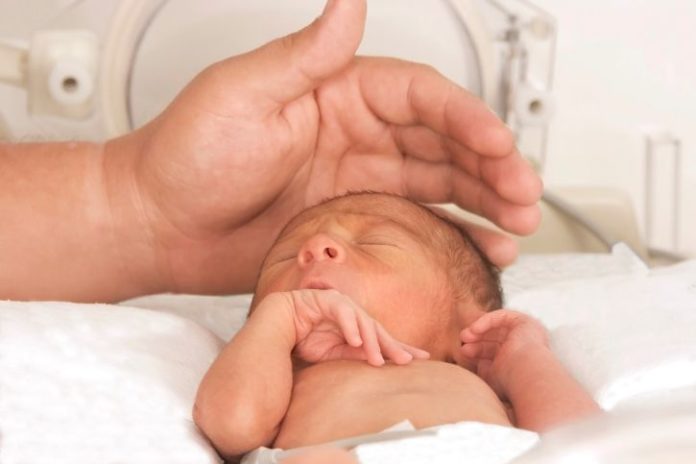A landmark program to reduce stress experienced by premature babies and foster bonding with their parents promotes brain development and could enhance long-term well-being, according to a leading Australian psychologist presenting this week at the 47th APS Annual Conference in Perth.
APS Fellow Professor Jeanette Milgrom — Director of the Department of Clinical and Health Psychology and Parent-Infant Research Institute at Austin Health — said premature birth was associated with a range of learning and developmental delays.
“Premature babies are very vulnerable to stress and to being overloaded and over-stimulated which can have long-term negative effects. We found that reducing their stress had a positive impact on brain development.”
There are about 22,000 pre-term births in Australia per year and research shows that —along with the expected challenges that newborns face — more than 50% of these babies will suffer lasting developmental impairment.
Professor Milgrom was lead investigator on a collaborative project which has involved diverse national and international experts, including researchers from the Parent-Infant Research Institute and the Royal Children’s and Women’s Hospitals.
The team expanded and evaluated an existing program, Premie Start, which is delivered in the hospital nursery and teaches parents skills to care for and interact with their premature baby, and particularly to recognise and reduce their babies’ stress.
The research was conducted as part of NHMRC-funded randomized-controlled trial that followed 126 babies up to the age of 6 months. This research confirms the results of an earlier smaller pilot study in which MRI scans demonstrated improvement in infant brain connectivity following a stress-reduction intervention by parents.
The current study is unique for several reasons, including harnessing parents as therapists and for bringing together experts from two distinct fields of research: one with expertise in examining the neural and cognitive development of premature babies and the other with expertise in enhancing infant/maternal mental health and overcoming dysfunctional mother-infant relationships.
“This research is significant because it has the potential to dramatically improve outcomes for thousands of Australian children. A study of this type has never been conducted before. Due to the rigour of the methodology the research has the potential to add significantly to the clinical evidence base,” Professor Milgrom said.
She added: “If the results are confirmed over the long-term, we will have a short, replicable, validated and cost-effective early intervention for premature infants that transforms outcomes and empowers parents to deliver the help we know their children need.”
With NHMRC funding, children will now be followed over the long-term and assessed at 4 years and 6 years after intervention.
Source: Australian Psychological Society











